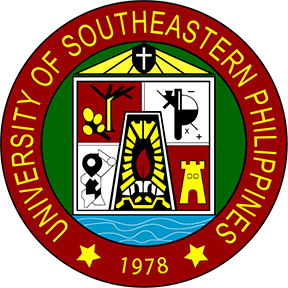This course covers widely applicable mathematical tools for computer science and information technology, including topics from logic, set theory, combinatorics, number theory, probability theory, and graph theory. It includes practice in reasoning formally and proving theorems. This is an introductory course in discrete mathematics. The goal of this course is to introduce students to ideas and techniques from discrete mathematics that are widely used in science and engineering. This course teaches the students techniques in how to think logically and mathematically and apply these techniques in solving problems. To achieve this goal, students will learn logic and proof, sets, functions, as well as algorithms and mathematical reasoning. Key topics involving relations, graphs, trees, and formal languages and computability are covered in this course
This course tackles the principles, processes, and frameworks that are the underpinnings of entrepreneurship and the entrepreneurial spirit. This is a hands-on, experiential learning course that integrates coursework into a coherent picture and gives the student an understanding of the way that entrepreneurship can drive change, achievement, and value creation, particularly innovations utilizing technology or engineering backgrounds, in commercial, societal, and philanthropic domains. Students will also be able to understand how the entrepreneurial mindset can spur achievement and strengthen performance in a wide variety of careers and pursuits. Students will have the opportunity to form an idea and drive it through the entrepreneurial process such as ideation, incubation, and commercialization and even gain both practical and theoretical experience in the art and science of entrepreneurship.
